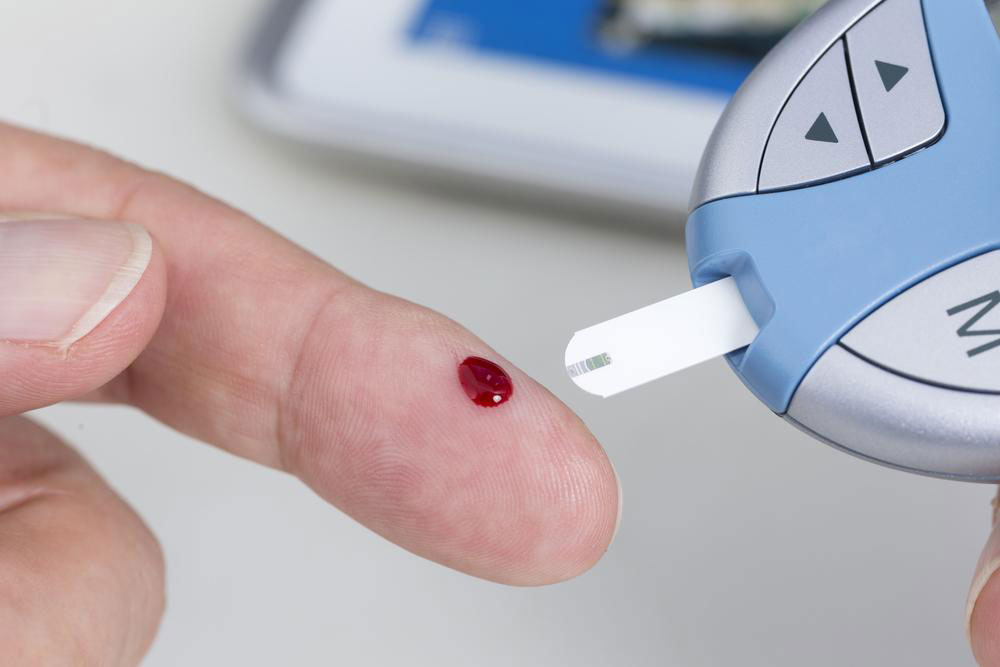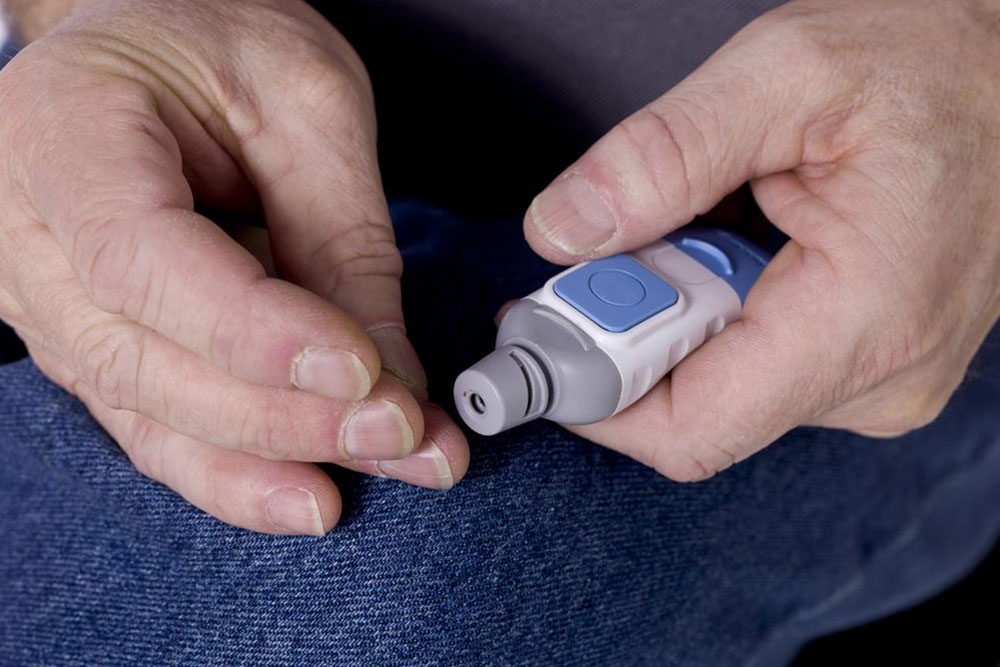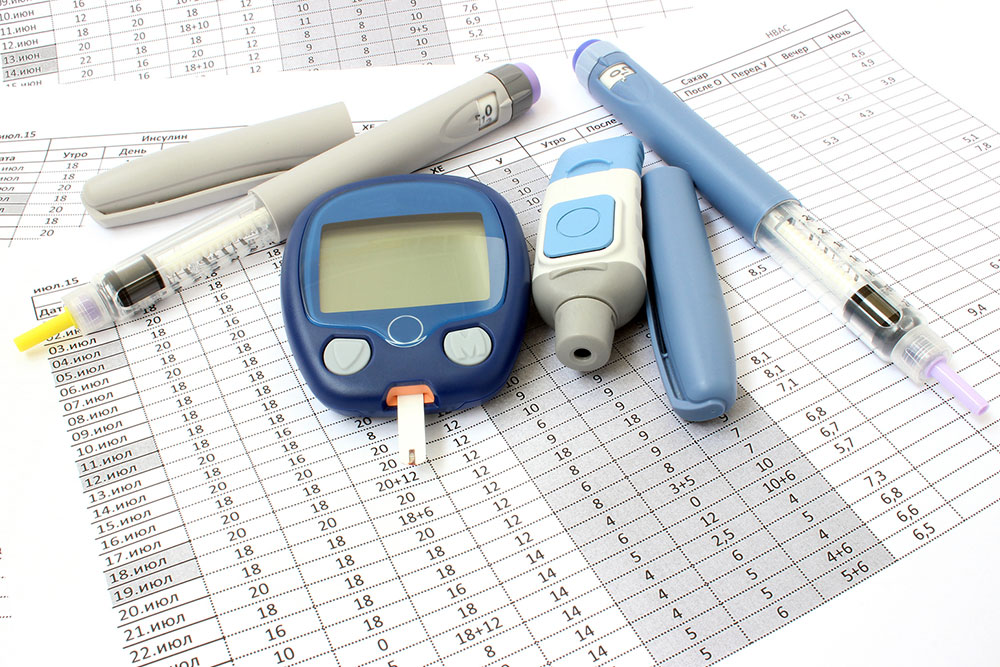Comprehensive Guide to Blood Sugar Control for Optimal Health
This comprehensive article covers the significance of blood sugar regulation, the risks associated with imbalance, and effective strategies for managing blood glucose levels. It emphasizes lifestyle modifications, medical testing, and treatment options crucial for preventing diabetes-related complications. Ideal for individuals aiming to understand blood sugar control, the guide offers practical advice and essential medical insights to promote better health and well-being.

Understanding the Importance of Blood Sugar Levels and Effective Management Strategies
Blood sugar, medically known as glucose, is an essential energy source that circulates throughout your bloodstream. It originates from the carbohydrates in the food you consume and is vital for fueling all cellular functions in your body. From maintaining your brain health to powering muscle movements, glucose plays a crucial role. However, maintaining balanced blood sugar levels is critical; both high and low fluctuations can threaten your overall health and lead to serious medical conditions.
High blood sugar levels, also called hyperglycemia, are closely associated with the development of diabetes mellitus. Chronic hyperglycemia can cause long-term damage to vital organs such as the eyes (leading to diabetic retinopathy), kidneys (diabetic nephropathy), and nerves (diabetic neuropathy). It also impairs the body's ability to heal wounds, increases infection risk, and elevates cardiovascular disease risk. On the other hand, low blood sugar, or hypoglycemia, can cause symptoms like dizziness, confusion, weakness, and in severe cases, loss of consciousness. Therefore, consistent blood sugar regulation is essential for maintaining overall health and preventing chronic diseases.
Proper management of blood glucose relies on understanding how your body regulates sugar, adopting healthy lifestyle habits, and, when necessary, following medical advice or treatment plans. Regular exercise, balanced nutrition, adequate sleep, stress management, and medical interventions are key components to maintain optimal blood sugar levels.
Blood glucose levels naturally fluctuate throughout the day, especially post-meal spikes that trigger the pancreas to produce insulin. Insulin helps cells absorb glucose from the bloodstream, lowering blood sugar levels effectively. Tracking these fluctuations through regular monitoring allows individuals to stay within healthy ranges and avoid complications associated with imbalance.
Adopting lifestyle habits such as eating at consistent times, engaging in regular physical activity, and avoiding highly processed or sugary foods are effective ways to stabilize blood sugar levels. For those diagnosed with diabetes, additional measures, including prescribed medication, insulin therapy, and frequent blood testing, are essential to manage the condition effectively.
Various diagnostic tests, such as fasting blood sugar, random blood glucose tests, and oral glucose tolerance tests, help evaluate your glycemic status. These assessments assist healthcare professionals in creating personalized management plans, emphasizing the importance of clinical guidance alongside lifestyle changes for effective control of blood glucose.





